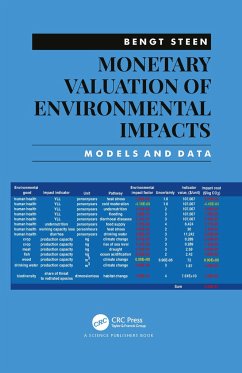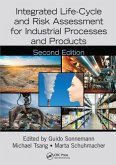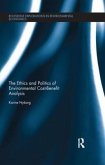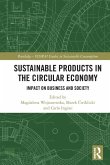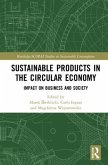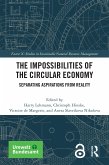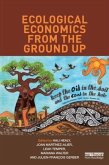The book is meant to improve our understanding of sustainable development of production and consumption. Monetary values of the impact of emission and resources are determined, and used in environmental management, with a focus on sustainability. Values related to cultural context are not possible to predict, therefore ignored. The book only focuses on environmental goods and services that are used to satisfy basic human needs.
One of the benefits of monetary valuation is its holistic approach. The impact of any contributing factor on the total value, can be determined, and the sensitivity to uncertainty in inputs can be estimated. This is useful in developing knowledge, where it is most needed.
In a society, there are many economic units which need to function in tandem to support human welfare. Each unit has its own system boundary in what it includes and covers in time and space. The system boundary of a sustainable unit is likely to be very long and wide. This book provides data on long term monetary values of environmental impacts from human activities. It discusses the choice of system boundaries, and how to use monetary values in sustainable development. A large part of the book describes impact models in terms of the relation between emissions and natural goods and services.
One of the benefits of monetary valuation is its holistic approach. The impact of any contributing factor on the total value, can be determined, and the sensitivity to uncertainty in inputs can be estimated. This is useful in developing knowledge, where it is most needed.
In a society, there are many economic units which need to function in tandem to support human welfare. Each unit has its own system boundary in what it includes and covers in time and space. The system boundary of a sustainable unit is likely to be very long and wide. This book provides data on long term monetary values of environmental impacts from human activities. It discusses the choice of system boundaries, and how to use monetary values in sustainable development. A large part of the book describes impact models in terms of the relation between emissions and natural goods and services.

